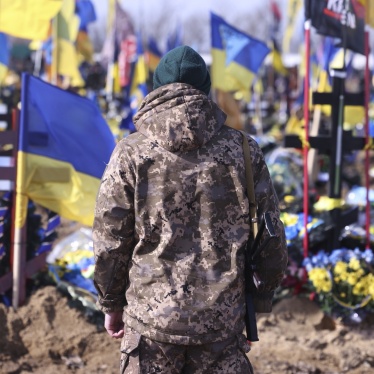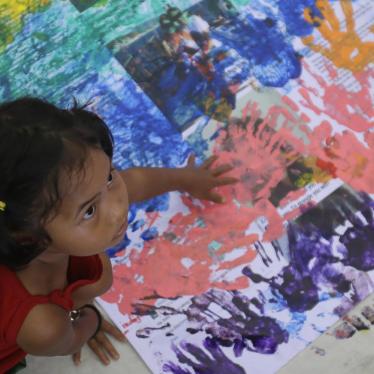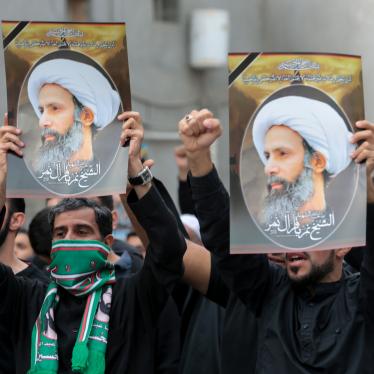On May 29, Saudi Arabia’s terrorism tribunal, the Specialized Criminal Court, convicted prominent activist Abdulaziz al-Shubaily to eight years in prison and an eight-year ban on travel abroad for his activities with the Saudi Civil and Political Rights Association (ACPRA).
He joins at least nine other jailed members of the now-banned organization, which has called for a constitutional monarchy, elected government, independent judiciary, and fair trials for political prisoners. Those ACPRA activists, serving sentences of between 2-15 years, faced similarly vague charges, including disparaging and insulting judicial authorities, inciting public opinion, insulting religious leaders, participating in setting up an unlicensed organization, and violating the cybercrime law.
Other human rights activists, such as Waleed Abu al-Khair and Fadel al-Manasif, are serving 15- and 14-year prison sentences respectively for similar “crimes.” In fact, Saudi Arabia has in recent years locked up nearly its entire human rights community and sentenced peaceful dissidents to extraordinarily long prison sentences for simply exercising their rights to free expression and freedom of association.
And all this is happening despite recent bold promises of reform from the authorities.
In December 2015, Saudi Arabia’s council of ministers pleasantly surprised activists and analysts by promulgating a long-awaited law on association that provides a legal framework for citizens to establish non-charity organizations in the country for the first time. In addition, Deputy Crown Prince Mohammed bin Salman, the emerging face of the Saudi monarchy, has hinted that Saudi Arabia may stop being barren terrain for human rights organizations.
He even told the Economist, “it is important to us, the participation in decision making; it is important to us to have our freedom of expression; it is important to us to have human rights.”
Yet Mohammed bin Salman’s pleasing rhetoric on human rights in front of western media publications is rendered meaningless, if not completely cynical, when his government is redoubling its effort to silence anyone who criticizes it or proposes an alternative vision.
By jailing its critics for forming illegal organizations after passing a law that would theoretically allow them to exist, Saudi Arabia sends a clear signal that the legal changes are mere rhetoric and do not portend of a greater tolerance for peaceful criticism or citizen input in government decisions.
If Mohammed bin Salman truly wishes to create a more open society, his government should uphold the spirit of the new association law, empower Saudi citizens to participate meaningfully in the process of change, and respect their right to free expression.
A good first step would be halting Saudi Arabia’s persecution of peaceful critics and releasing peaceful ACPRA activists and others sitting in jail cells for merely expressing their views.
|
Dispatches
Dispatches: Saudi Arabia Touts Reforms, Delivers Repression
Your tax deductible gift can help stop human rights violations and save lives around the world.
Region / Country
Most Viewed
-
October 18, 2023
Israel/Palestine: Videos of Hamas-Led Attacks Verified

-

-
November 25, 2019
A Dirty Investment

-
April 27, 2021
A Threshold Crossed

-
June 21, 2017
Philippines: LGBT Students Face Bullying, Abuse




